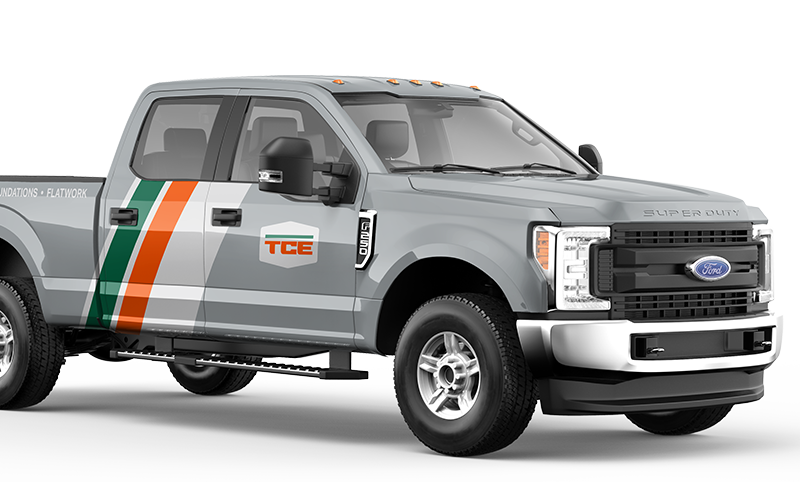Competitive analysis is a method of analyzing a company’s competitors to discover their strengths and weaknesses in a variety of categories. Data from publicly available resources is compiled so that relevant information can be extracted and analyzed. These resources might be annual reports, public-facing marketing campaigns, or consumer resources, such as a website.
Sustainable Marketing Glossary
Content marketing is a blanket term describing all those forms of marketing that involve content of some kind, which might include blog posts, email marketing campaigns, ebooks, guides, infographics, and more.
A conversion rate is a measurement indicating how many visitors to a website or viewers of an advertisement took a particular action. In general, this action is something other than simply viewing content—a business may desire to track the conversion rate of how many visitors fill out a contact form, for example.
Cornerstone content is best thought of as foundational content, i.e., the content on your website that provides essential, indispensable information for your target audience. Cornerstone content typically answers common questions about your products and services, acts as a guide to solve problems, educates readers about a relevant topic, or all of the above.
Cost per impression (CPM) is the total cost to an advertiser after a creative has been displayed one thousand times. In other words, after a business shows an advertisement one thousand times, the CPM is how much they’ll have to pay (to Google, Facebook, another advertising network, or even a private site owner).
Cost per lead (CPL) is a metric that measures the amount an advertiser must pay to acquire a qualified lead. In online marketing, CPL is sometimes implemented as a form of performance-based marketing wherein advertisers pay for leads only, however this is not always the case.
Customer acquisition cost, sometimes abbreviated as CAC, is the average amount a business can expect to pay to acquire a new customer. An accurate CAC is generally considered to be all-inclusive, meaning that it accounts for all potential expenses incurred in the acquisition of a new customer, such as advertising, the time spent in pre-sale meetings, incentives or discounts, and so on.
Customer experience (CX) is how businesses describe the feelings experienced by a customer or potential customer over the entire course of their relationship with the business. Note that CX begins the first time a customer becomes aware of a business—not just later in the working relationship.
Customer lifetime value (CLV) is a metric which describes the total net profit a business can expect to earn on average from each customer.
Popular Glossary Terms
Branding Design

Don't Compromise
Our branding design services will help increase your company recognition so people think of you instead of your competitors.
- Logo Design
- Vehicle Graphics
- Website Design
- Business Stationary
